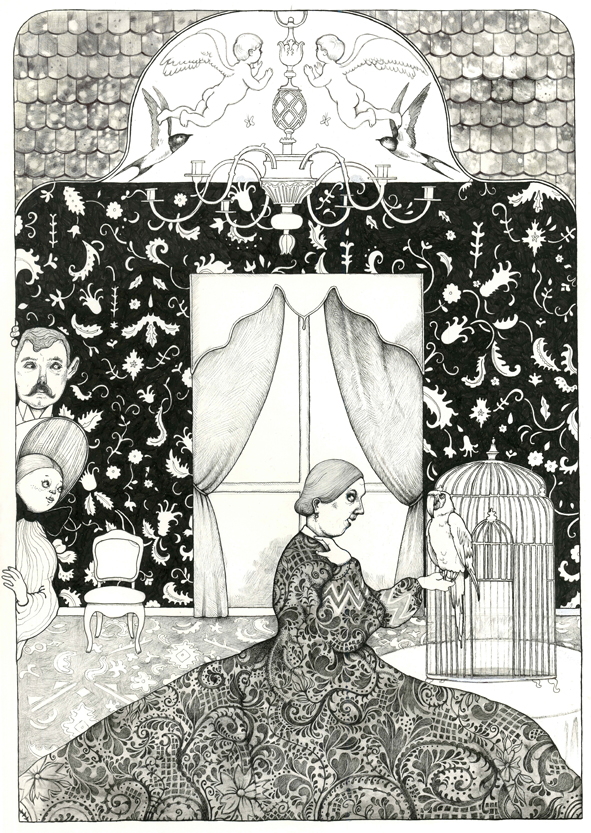A History of Lost Sensations 1

Here’s a modern urban and domestic soundscape:
– Unsilenced motorcycle exhausts, burglar alarms, lorry reversing beepers, pings and buzzes from your mobile, other people’s ring tones, humming of fridges, music from builders’ radios, clang of scaffolding poles being loaded and unloaded, rasp of garden strimmers, creak of cooling radiators, rip of opening Velcro, rumble of trains on bridges, drone of microlights, chimes of ice cream vans, whistle of spin dryers, etc
Or to go back fifty years:
Factory sirens, steam train whistles, clatter of milk bottles, whirr of electric milk floats, grinding of gears, sounds of heavy industry, clank of shunting engines, clackety clack of wheel on rail, scrape of shovel in coal scuttle, scratch of pen nib on paper, thud of rubber stamp on documents, ring of cash registers, quasi-religious silence in libraries, clank of metal dustbin lids on dustbin day, nightingales, etc
And here’s one from 1533:
– Lord what ado women made in their beds: some scolding, some laughing, some weeping, some singing to their sucking children which made a woeful noise with their continual crying, and one shrewd wife a great way off (I think at S. Albans) called her husband cuckold so loud and shrilly that I heard that plain – and would fain have I heard the rest, but could not by means of barking of dogs, grunting of hogs wailing of cats, rumbling of rats, gaggling of geese, humming of bees, rousing of bucks, gaggling of ducks, singing of Swans, ringing of pans, crowing of cocks sowing of socks, cackling of hens, scrabbling of pens, peeping of mice, trulling of dice, curling of frogs and toads in the bogs, chirping of crickets, shutting of wickets, shrieking of owls, flittering of fowls, routing of knaves, snorting of slaves, farting of churls, fizzling of girls – with many things else, as ringing of bells, counting of coins, mounting of groins, whispering of lovers, springling of plovers, groaning and spewing, baking and brewing, scratching & rubbing, watching and shrugging, with such a sort of commixed noises as would deaf anybody to have heard …
(The latter comes from Beware the Cat by William Baldwin, a book that is sometimes referred to as the first English novel.)
All the above are examples from a book I shall never get round to writing entitled A History of Lost Sensations. They are the particles of everyday experience, particles so commonplace that no-one thinks to record them, particles which disappear with changing technologies, particles which are quickly forgotten and are hard to recover. Part of my purpose of writing Mr Blackwood’s Fabularium was to re-awaken these lost particles and make them tickle the senses again. Next week I shall try to evoke some distinctively Victorian soundscapes and smellscapes.
